Eco-Cha Tea Club
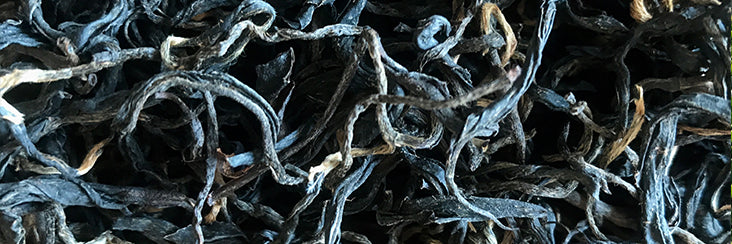
Alishan High Mountain Black Tea Tasting Notes| Eco-Cha Tea Club
Eco-Cha Tea Club's batch #48 is Alishan High Mountain Black Tea. It has a very balanced, integrated flavor profile, and offers subtle notes of a Qing Xin Oolong. The brewed leaves still have a greenish hue, even though the stems are quite reddish, indicating nearly full oxidation. It is an interesting hybrid of tea types, but definitely acts more like a Black Tea made from the small leaf type Qing Xin strain.
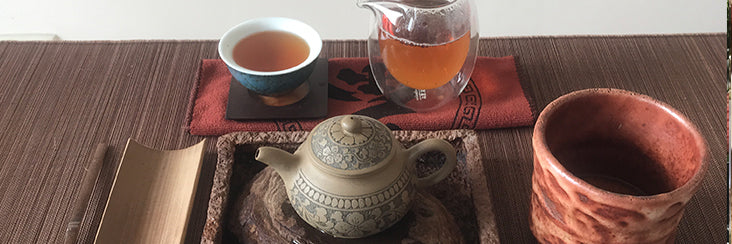
Tieguanyin Light Roast Oolong Tea Tasting Notes | Eco-Cha Tea Club
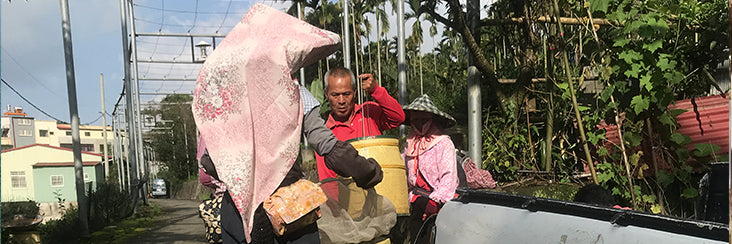
Tieguanyin Light Roast Oolong Tea | Eco-Cha Tea Club
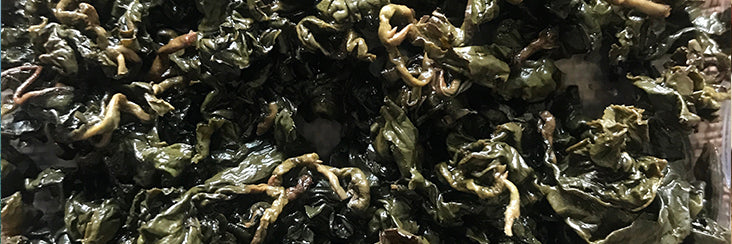
Competition Grade Dong Ding Oolong Tea Tasting Notes | Eco-Cha Tea Club
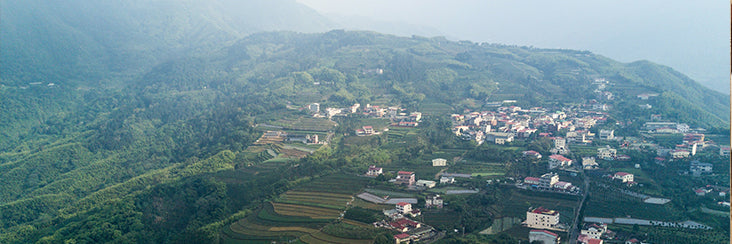
Competition Grade Dong Ding Oolong Tea | Eco-Cha Tea Club
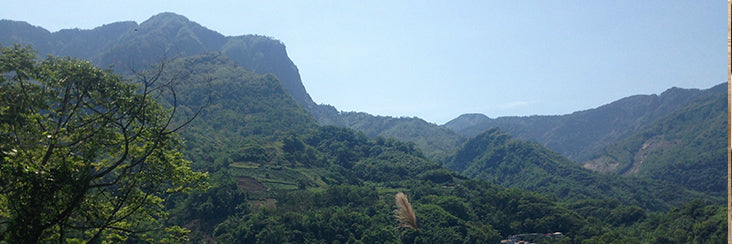
Alishan Late Spring Oolong Tea | Eco-Cha Tea Club
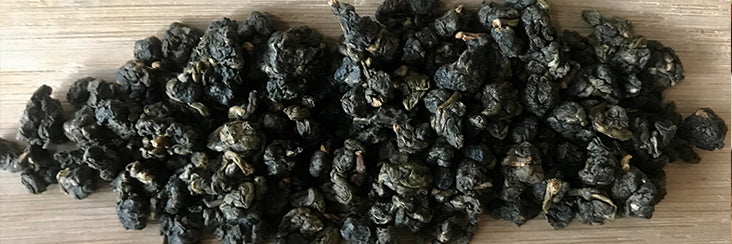
Traditional Lugu Oolong Tea Tasting Notes | Eco-Cha Tea Club
The medium oxidized leaves have undergone extensive, repeated roastings that have resulted in a very balanced, integrated character. The initial steepings offer a freshly cut wood aroma with a toasted nutty flavor. This proceeds to open up into a sweeter, more complex profile that is strikingly reminiscent of roasted winter vegetables, including parsnip, caramelized onion and butternut squash.
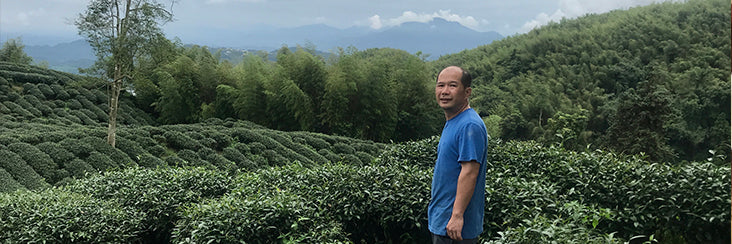
Traditional Lugu Oolong Tea | Eco-Cha Tea Club
Mr. Zhang's father cultivated tea on their homesteaded land in Xiaobantian, on the southside of Lugu Township, where he grew up in the midst of traditional tea making. At 20 something, he decided to embody his local tradition by clearing land to cultivate his own plot of tea. For the last 20 years, he has managed his own humble, privately owned plot of tea. Throughout this period, he also acquired seasonal work in tea factories in Lugu, Shanlinxi, Alishan, Fanzaitian, and Lishan. In a word, he learned the ropes of tea making in a comprehensive way, like most tea farmers of his generation. Lugu hosts the highest concentration of tea makers in Taiwan, and is a hub of specialty tea making culture.
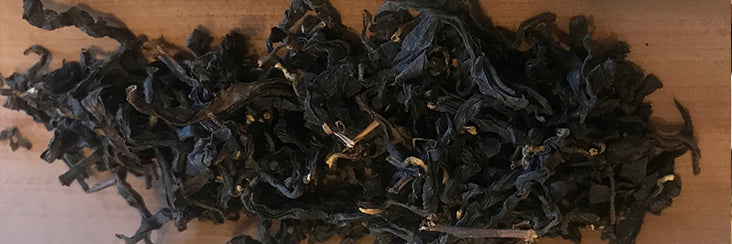
Jin Xuan GABA Black Tea Tasting Notes | Eco-Cha Tea Club
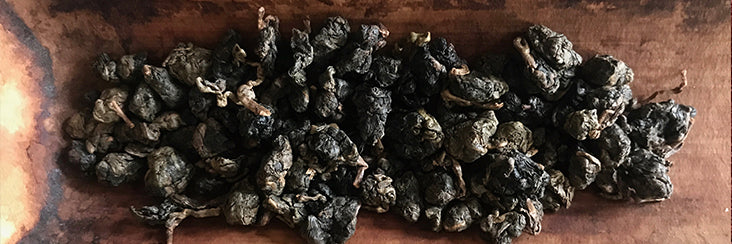
Fo Shou Oolong Tea Tasting Notes | Eco-Cha Tea Club
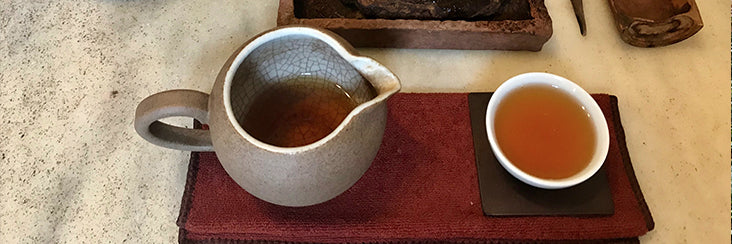
High Mountain Hong Shui Oolong Tea Tasting Notes | Eco-Cha Tea Club
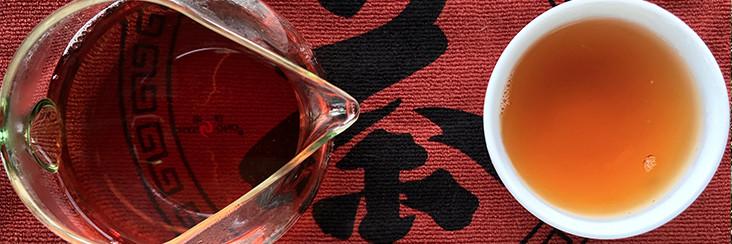
Award Winning Roasted Jin Xuan Oolong Tasting Notes | Eco-Cha Tea Club
This batch of award winning tea is a cultural diplomat of central Taiwan's tea making tradition. It is a hearty, complex brew with a broad profile of flavor that is bound to satisfy both the sensitive palate as well as the demand for a robust, full-flavored brew. It is a middle ground in the spectrum of tea types, ranging from Green Tea to Black Tea, with a wide variety of Oolongs in-between. It has a definite "cured" character, while maintaining a substantial fruity, clean quality offering an interesting brew that remains interesting for, well — years-on-end! In a word, it's our favorite style of tea.

